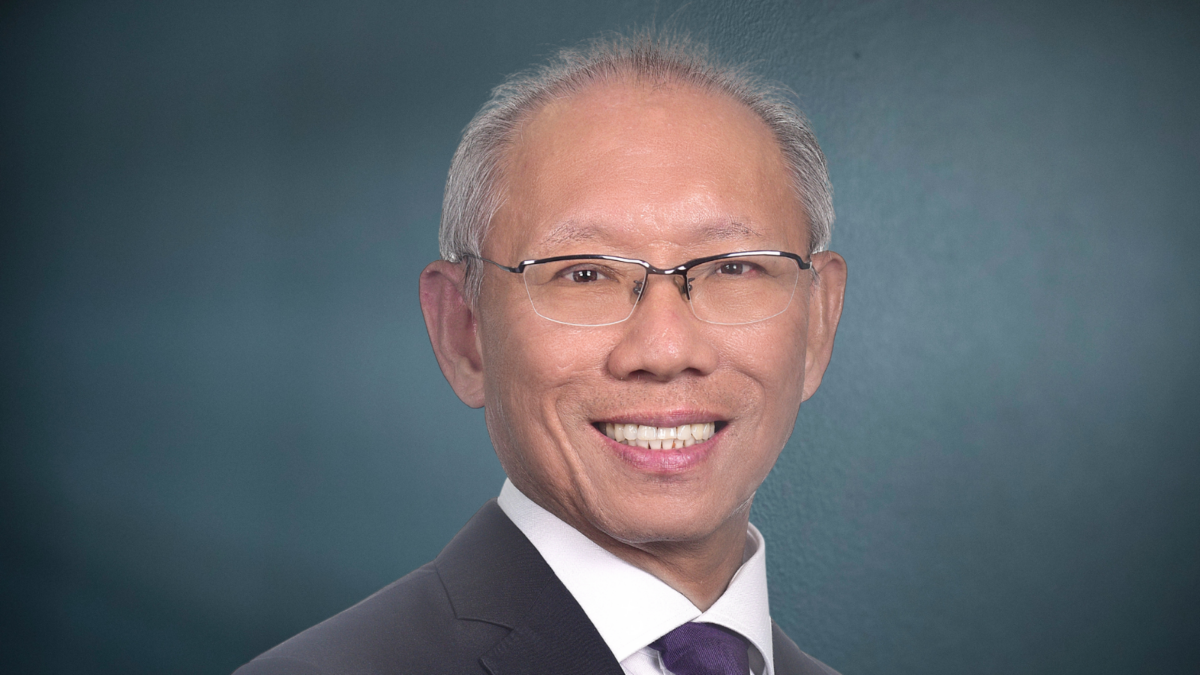China will weather the post-Covid blues: APS
As China’s economic growth grinds slower, ructions in the stock and property markets have stoked fears that China will experience ‘Japan-ification’ – the protracted period of low (or no) growth brought on by the sharp drop in asset prices that country saw in the 90s. But Wong Kok Hoi, chief investment officer of APS, says there’s more differences between the two countries than similarities.
“The bubble in Japan in the early 1990s was much, much larger than China’s,” Wong says.
At the time, Wong could see the Japanese Imperial Palace from his window and pointed out to visitors from the US that the land on which it was built was then worth more than the entire state of California. That alone suggests the property bubble in Tokyo “was completely out of proportion” – not just out of this world, Wong says, but “out of this universe”.
But Chinese banks and consumers have taken on less leverage than their Japanese counterparts did before the Lost Decade; China doesn’t have the same “land myth” – the idea that property values would never fall – as Japan; home purchasing curbs are in place to prevent people from one city buying property in another; and the Chinese central bank has not been a “party to the bubble” in the same way the BoJ was.
“They acted in complicity with the entire nation, ” Wong says. “They didn’t do enough to prevent the bubble from getting larger; they only started their action after the two bubbles in property and the stock market burst.”
That doesn’t mean China isn’t facing significant short-term headwinds, chief among which are the “post-Covid blues”. Lockdowns in major cities like Shanghai had a huge impact on the Chinese psyche, and Wong believes it will take a few more months or quarters for the consumer to fully recover. Looking outside China, the world at large isn’t doing that well, but China’s growth rate is still in the mid-single digits – much higher than the Western advanced economies.
“China’s growth rate has slowed down because of the world economy; you must take it in the correct context,” Wong says. “And the Chinese have been worried about a geopolitical conflict with the US; first under Trump, with the trade war, and then the US launched an investment or finance war against China, prohibiting institutions from investing there.”
“There’s a bit of a negative impact on consumer confidence and consumption. Property prices have declined for three years in a row; the stock market has been in an almost three year bear market; and the average consumer is tightening their belt. So that’s contributed to low confidence today.”
Wong points to China’s advanced position in the electric vehicle race and its release of high-quality electronic consumer goods as evidence of the dynamism of its economy.
“You look at all these factors and you don’t get the sense that China is entering a secular slump or a protracted recession,” Wong says. “Demand is not as strong as it was in the past, but I think China can still grow at the 3-6 per cent range for the next 5-10 years – still superior to any major market.
“And yet the valuation is at a 5-10 year low… In China, you can find a lot of value – I haven’t seen this kind of value in a long, long time – maybe even 30 years.”











